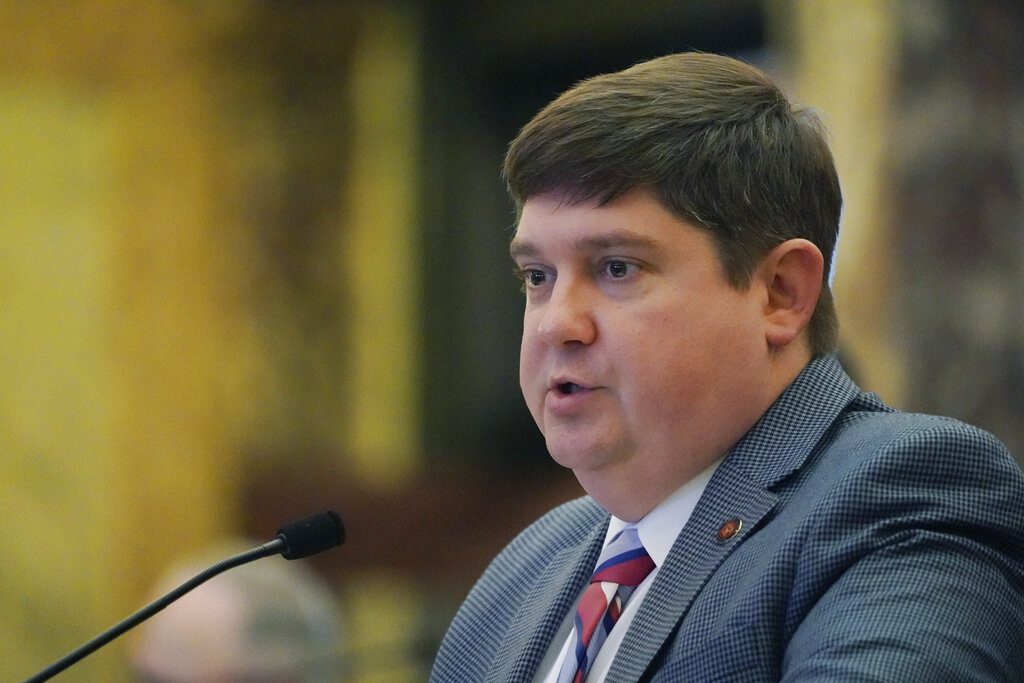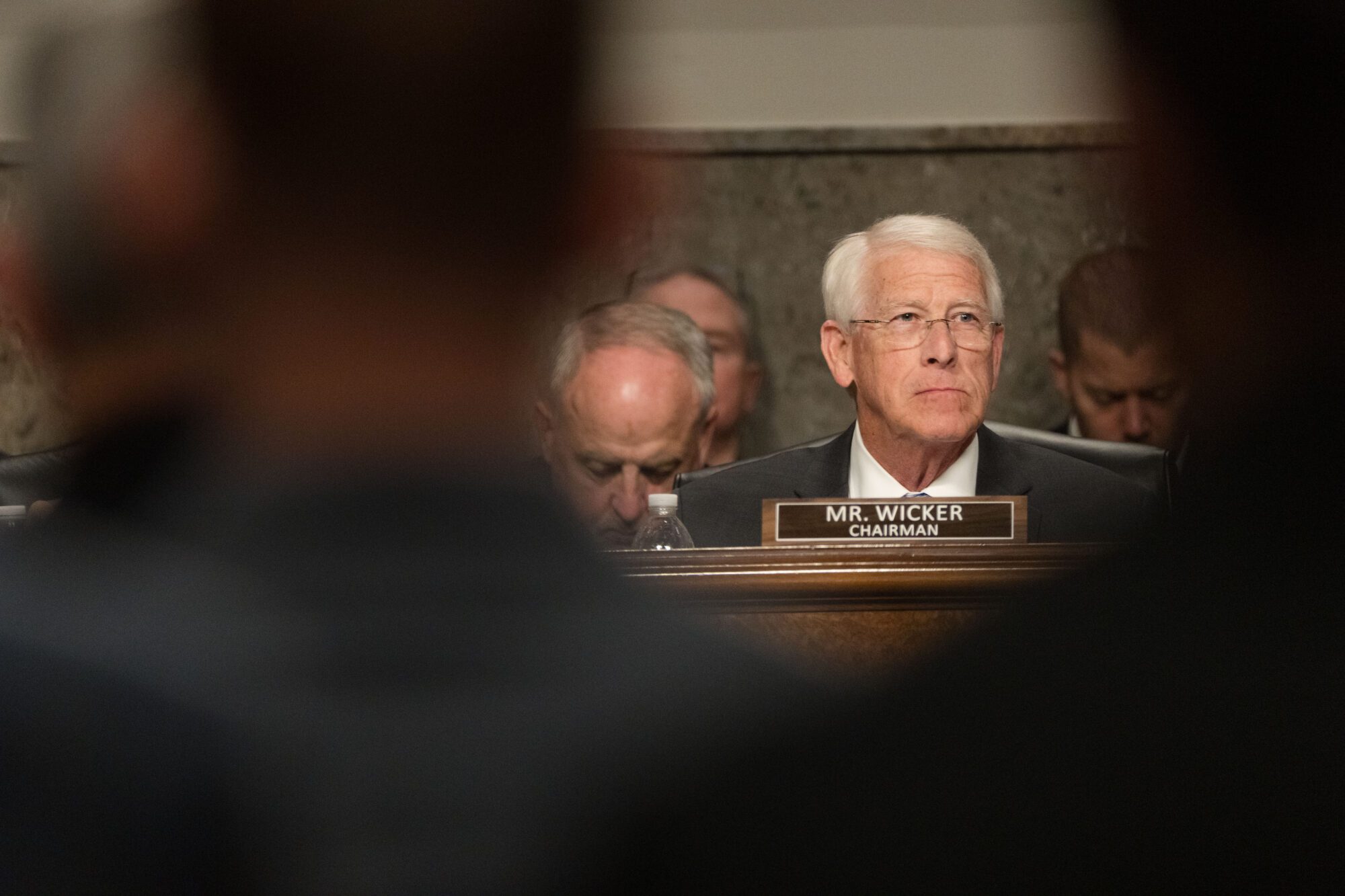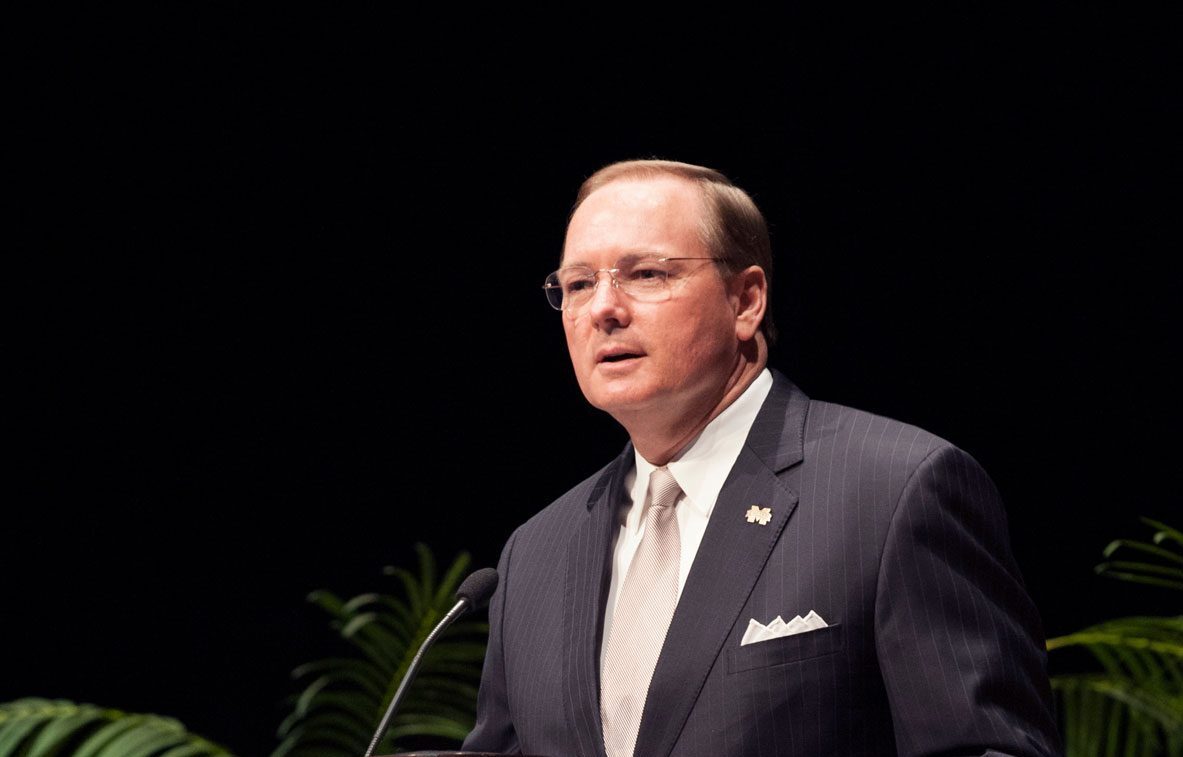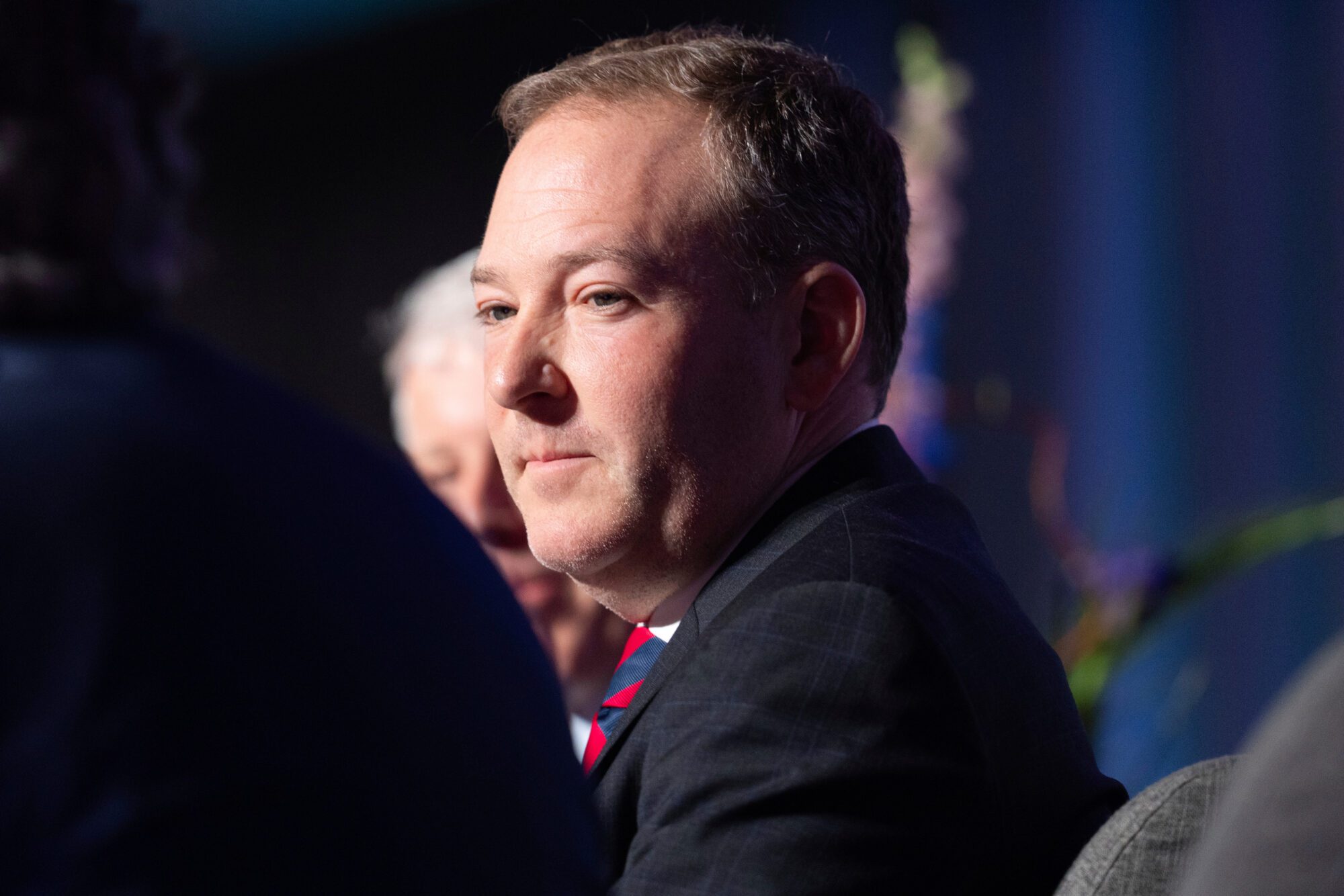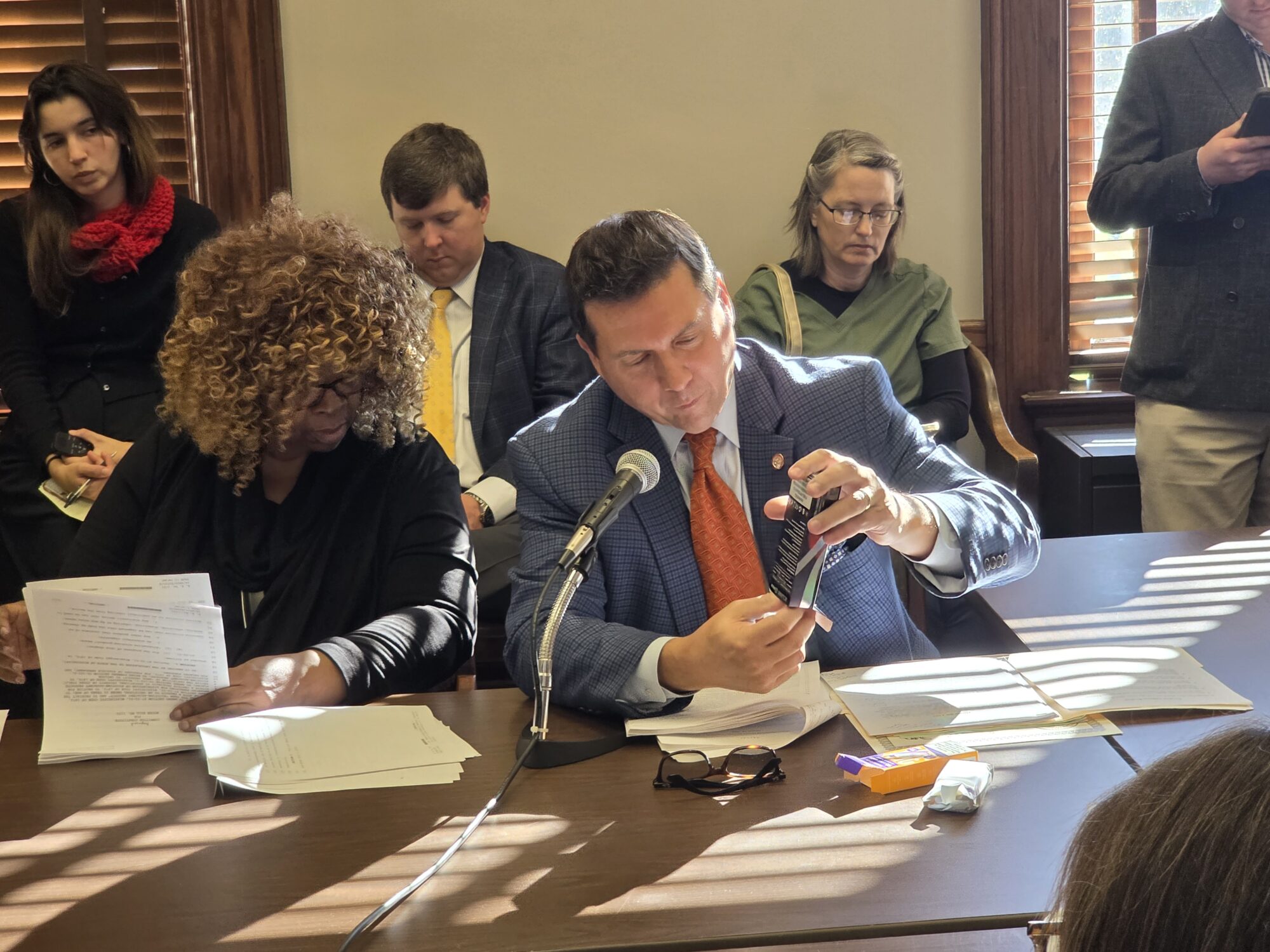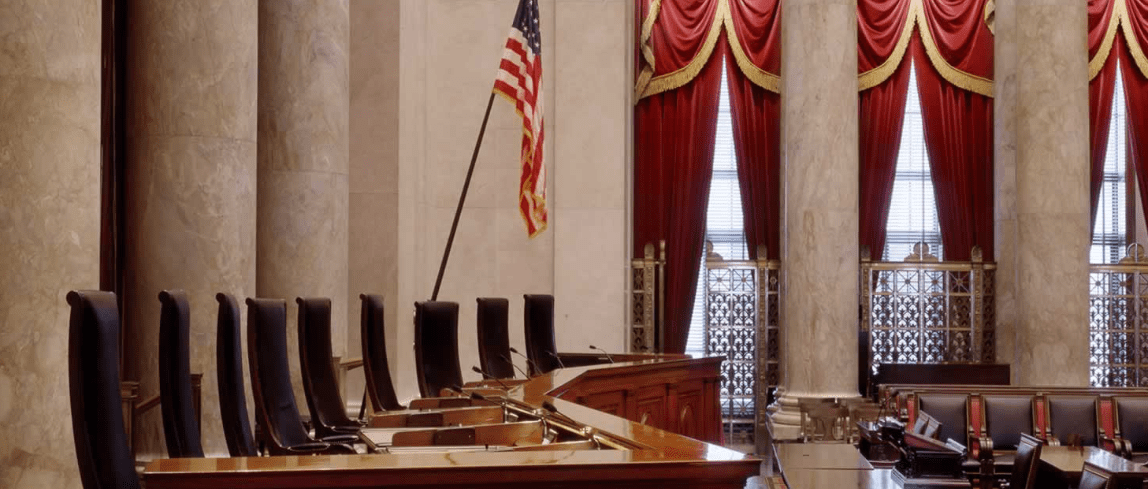
(Photo from U.S. Supreme Court website)
- Such procedures for minors have been restricted in over two dozen states, including Mississippi where the REAP Act was passed in 2023.
The U.S. Supreme Court has agreed to hear an appeal from the Biden Administration challenging a Tennessee law that bans medical intervention for minors seeking transgender procedures including puberty blockers or hormone therapy. Such treatment is often referred to as “gender affirming care” by supporters of the procedures.
At least 25 states have restricted such medical treatments for minors, including Mississippi.
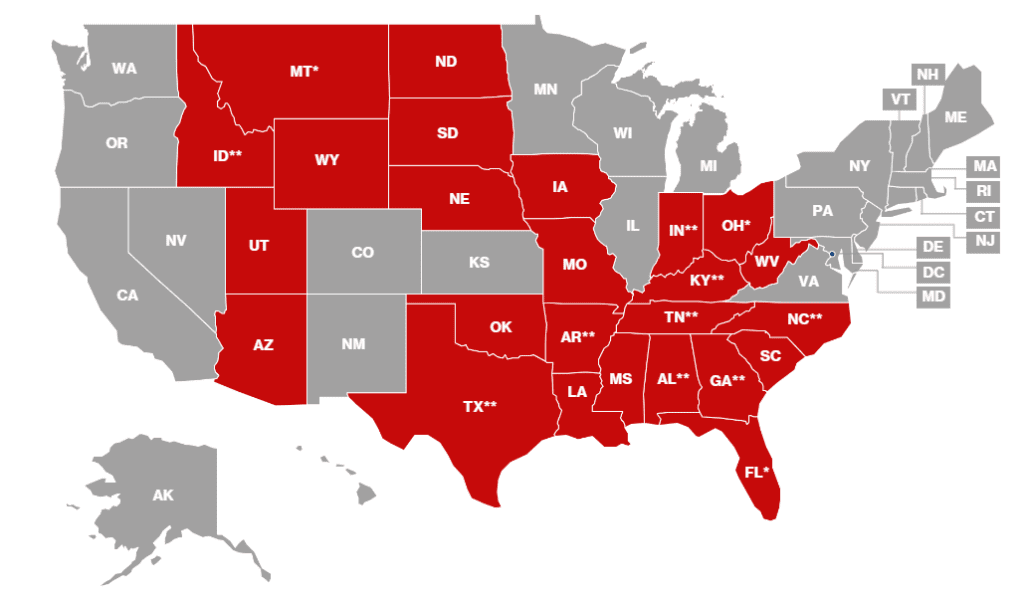
According to the Human Rights Campaign, an activist organization supporting the LGBTQ+ community, similar laws have been blocked in Florida, Ohio and Montana, while Alabama, Arkansas, Georgia, Idaho, Indiana, Kentucky, North Carolina, and Texas all currently have litigation proceedings challenging the bans.
In 2023, the Mississippi Legislature passed, and Governor Tate Reeves (R) signed the Regulate Experimental Adolescent Procedures or REAP Act. The legislation banned physicians from performing reassignment surgeries or providing pharmaceutical treatments to reassign gender, regardless of parental or guardian consent. The law also prevented Medicaid from covering any gender reassignment treatment for minor patients.
“In Mississippi, we will protect our kids from the dangers of an extremist gender ideology that seeks to convince them they were born in the wrong body,” Governor Reeves told Magnolia Tribune in October. “That’s exactly why I was proud to sign the REAP Act earlier this year. In our state, radical activists will not be allowed to push experimental drugs and surgeries onto our children.”
The Tennesse law now before the high court prohibits all medical treatments intended to allow “a minor to identify with, or live as, a purported identity inconsistent with the minor’s sex” or to treat “purported discomfort or distress from a discordance between the minor’s sex and asserted identity.” The Biden Administration believes the law violates the Equal Protection Clause of the Fourteenth Amendment.
Lower courts blocked the Tennessee law, but it was allowed to go into effect after the Sixth Circuit reversed the lower courts’ decision.
“Those laws, and the conflicting court decisions about their validity, are creating profound uncertainty for transgender adolescents and their families around the Nation—and inflicting particularly acute harms in Tennessee and other States where the laws have been allowed to take effect,” Elizabeth Prelogar, Solicitor General for the United States, argues in the petition to the Supreme Court.
Tennessee’s Attorney General Jonathan Skrmetti defends the law in his response filing, saying the legislation prohibits medical interventions for minors for which there is “scant scientific support.”
“Tennessee, like many other States, acted to ensure that minors do not receive these treatments until they can fully understand the lifelong consequences or until the science is developed to the point that Tennessee might take a different view of their efficacy,” Skrmetti writes. “The law challenged here prohibits certain medical interventions for minors for which there is scant scientific support, while leaving ‘other helpful, less risky, and non-irreversible treatments … available.'”
The case is set to be argued before the U.S. Supreme Court in the fall of 2024.

